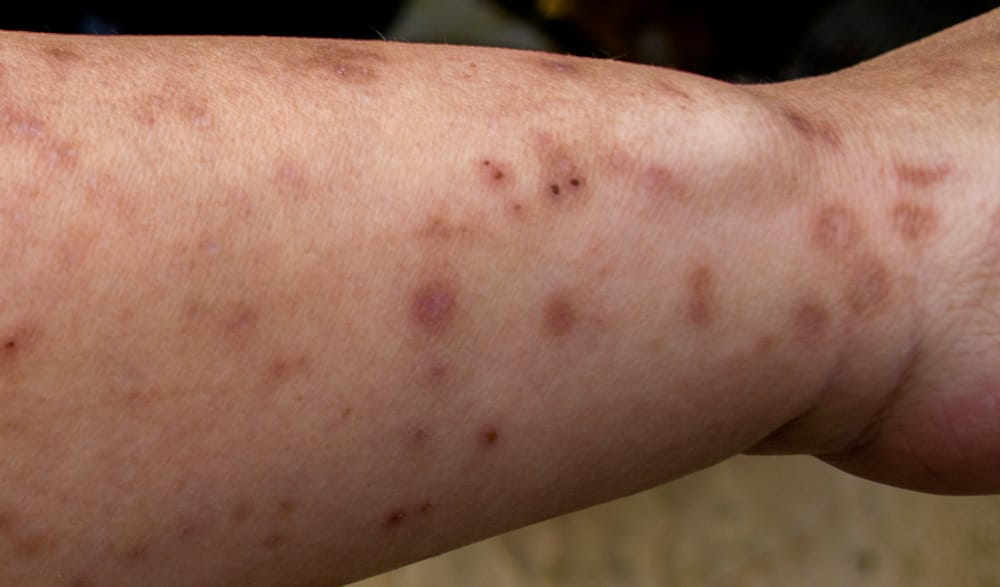Cimex lectularius or the Common Bed Bug is a dreaded parasite that has been making life a living hell for humans for centuries. The mid-nineties saw these pests reach the brink of annihilation due to stringent pest control exercises. However, in the last few decades, these pests have again come back in large numbers due to the ban of certain pesticides as well as the irregular cleaning habits of the current generations.
Adult Bed Bugs are light brown to reddish brown in colour and measure between 4 to 5 millimetres. Nymphs are translucent and gain colour as they begin feeding. Bed Bugs are an extremely hardy species and can survive a wide range of temperatures as well as atmospheric conditions. Adult Bed Bugs can survive for six months or even up to a year in favourable temperatures without any feeding.
When a Bed Bug bites, we don’t even feel the bite because these insects pierce the skin while injecting anticoagulants and painkillers through their saliva. However, after the Bed Bug has fed on your blood, there may be an itching sensation in the area. Bed Bugs do not act as disease vectors, although they carry at least 28 human pathogens. Bed Bug bites may cause tiny bumps or even blisters, and in some cases may result in skin rashes or other allergic reactions.
Bed Bugs do not transmit any diseases although they come in direct contact with our bloodstream. However, their bites may cause other harmful effects, apart from the psychological effects that the hosts suffer. In some cases, severe skin rashes may break out and in the case of people who are prone to allergies, there may be other severe allergic symptoms too.
The physical trauma of a Bed Bug bite is usually restricted to tiny bumps in the location of the bite. These bumps are usually seen in a cluster or a straight line. However, the psychological effects of a Bed Bug bite or even the knowledge of the presence of Bed Bugs are far more serious. People living in a home or even a hotel room that they know is infested with Bed Bugs often spend a sleepless night, worrying about being bitten in their sleep. The paranoia associated with the presence of these bloodsucking parasites is, therefore, a serious side effect.
